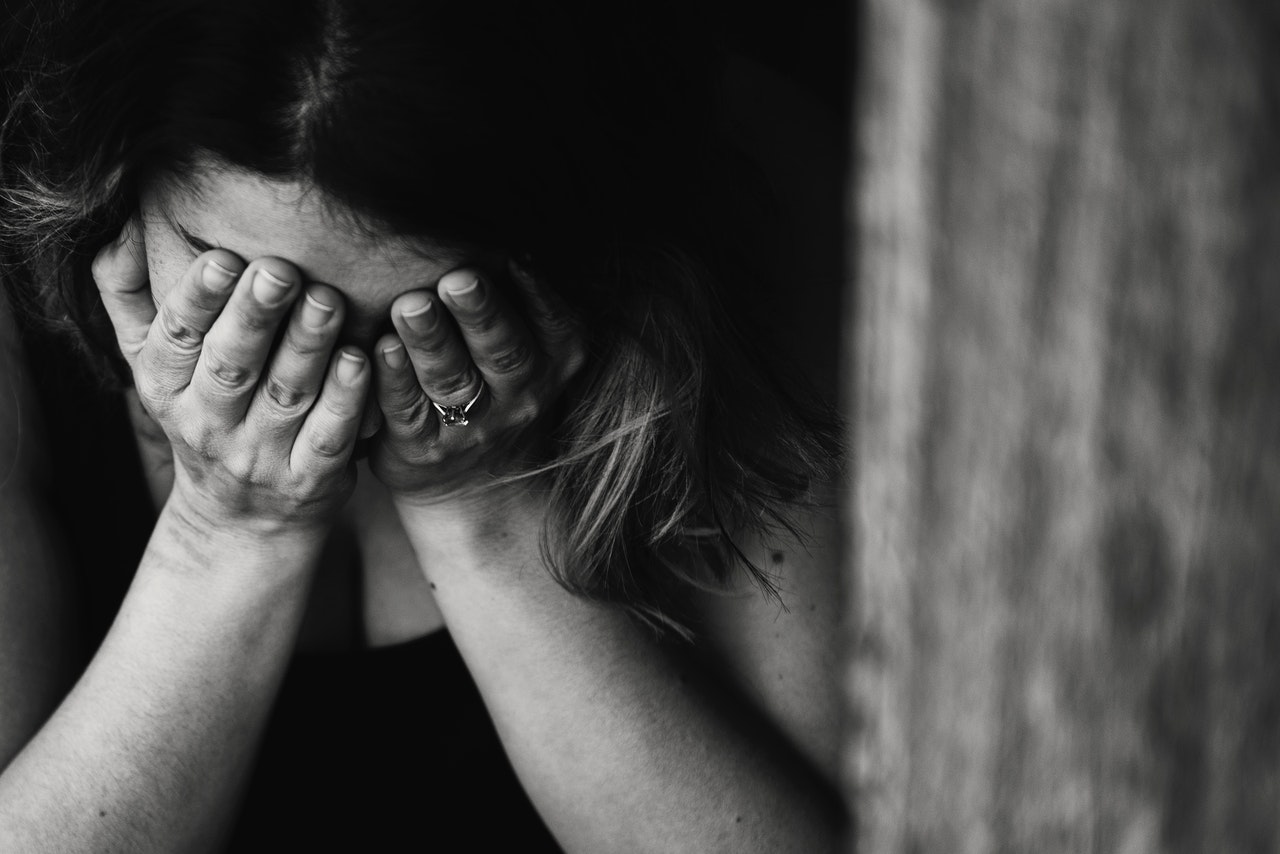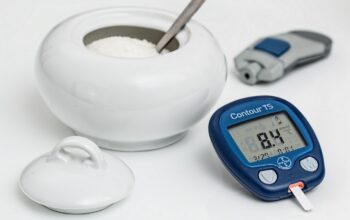Having to visit an intensive care unit can be an extremely stressful experience. If you have to contend with a grim diagnosis, and a difficult recovery period, then you might find that you experience stress and anxiety in the weeks, months and years after your stay in hospital. This likelihood is particularly common among the minority of patients who experience awareness whilst they’re under a general anaesthetic. These symptoms can often amount to a condition known as Post Traumatic Stress Disorder, or PTSD.
Do I have PTSD?
PTSD sufferers describe several symptoms. A few of them are particularly common:
Flashbacks
You might find yourself reliving the moment of stress repeatedly. Sometimes, this happens while you’re asleep, in the form of a nightmare. Sometimes, it’ll happen when you’re awake. This is your brain’s way of making sense of what’s happened. Over time, these experiences tend to fade away – but that doesn’t make dealing with them in the meantime any easier!
High Alertness
When you have PTSD, you might find yourself constantly on high alert, as your fight-or-flight reflexes kick in at the slightest provocation. In the long term, this can be mentally draining. You might find that the distress gets even more difficult when you’re confronted by a reminder of the triggering incident.
Suppressed or Difficult Feelings and Memories
PTSD sufferers tend to experience intense feelings. You might feel like no-one understands your feelings, or can be trusted to learn about them. You might attempt to cope with these feelings by keeping busy, or by retreating into yourself, or by resorting to alcohol or drugs. These strategies are ineffective compared with formal counselling.
What Can I do?
Getting help in dealing with your feelings can be invaluable. It’ll help you to deal with the symptoms while they fade away, and may help to accelerate their departure. Suffering in silence just doesn’t work. You might book an appointment with professionals, or you might open up to trusted loved ones about what’s happened.
It might be that you can claim compensation for professional negligence, if there’s blame to be attached. The damages you receive will help to lessen any financial loss you’ve incurred as a result of your experience, which in turn may help to dial back the stress.
It’s also worth practicing self-care. This doesn’t mean drugs or alcohol, but it does mean taking the time to look after yourself. Get regular exercise, and give yourself plenty of sleep opportunity at fixed times every day. Record a daily diary of your experience, and practice mindfulness. There are plenty of free apps out there that will teach you to identify feelings and deal with them helpfully.




